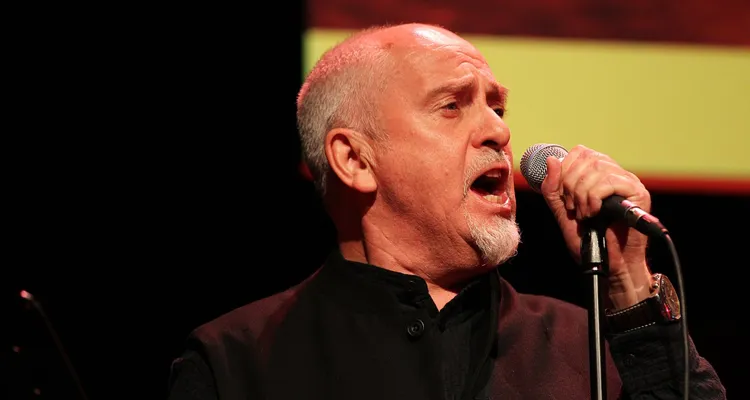As Drake and UMG battle against the rise of AI-generated deep fakes, Peter Gabriel launches an AI music video challenge.
Prog-rock legend Peter Gabriel and Stability AI, the leading open-source AI company, have announced the debut of a generative AI music video challenge. The Stability AI #DiffuseTogether Challenge is the first in a series of AI animation challenges featuring musicians of different genres.
Beginning today via Discord, the contest invites participants to submit one animated AI-generated video inspired by and set to the music of Peter Gabriel. Videos will incorporate Stability AI’s technology through Stable Diffusion, its industry-leading open-source suite of imaging models, along with applications like DreamStudio (photorealistic imaging), Stability for Blender (3D), and AnimAI (animation).
Participants can choose one of six songs hand-selected by Peter Gabriel for submission, including classics like “Sledgehammer” and tracks from his upcoming album i/o. The top three winners will receive cash prizes and tickets to Peter Gabriel’s forthcoming i/o tour. Entries will be judged by an all-star panel of musicians, including Gabriel, with winners announced on May 5, live on Stability AI’s Twitch channel.
“These powerful, transformative AI tools are, for the first time, within reach of all of us. We have the chance to weave new realities together from the threads of our own imagination and creativity,” said Gabriel. “I’ve built my world out of sound, and I’m now asking the visual artist community to create its own uncharted audio-visual dreamscapes with a carpet of my music.”
But as artists like Peter Gabriel and Dave Guetta are excited to usher in the era of AI in music, others like Drake — and his parent label UMG — are quick to crack down on AI-generated content.
“This is the last straw,” Drake wrote on Instagram after the emergence of an AI-created version of the artist rapping Ice Spice’s hit “Munch,” followed by a viral AI-generated ‘collaboration’ with The Weeknd, which UMG ripped down Monday night.
“The training of generative AI using our artists’ music (which represents both a breach of our agreements and a violation of copyright law), as well as the availability of infringing content created with generative AI on DSPs, begs the question as to which side of history all stakeholders in the music ecosystem want to be on,” posits Universal Music Group in a recently released statement. “The side of artists, fans, and human creative expression, or on the side of deep fakes, fraud, and denying artists their due compensation.”
Platforms like YouTube and Spotify may need to up their scrutiny concerning uploads as fake songs, covers, and other AI-generated content continue to pop up on their respective doorsteps.

